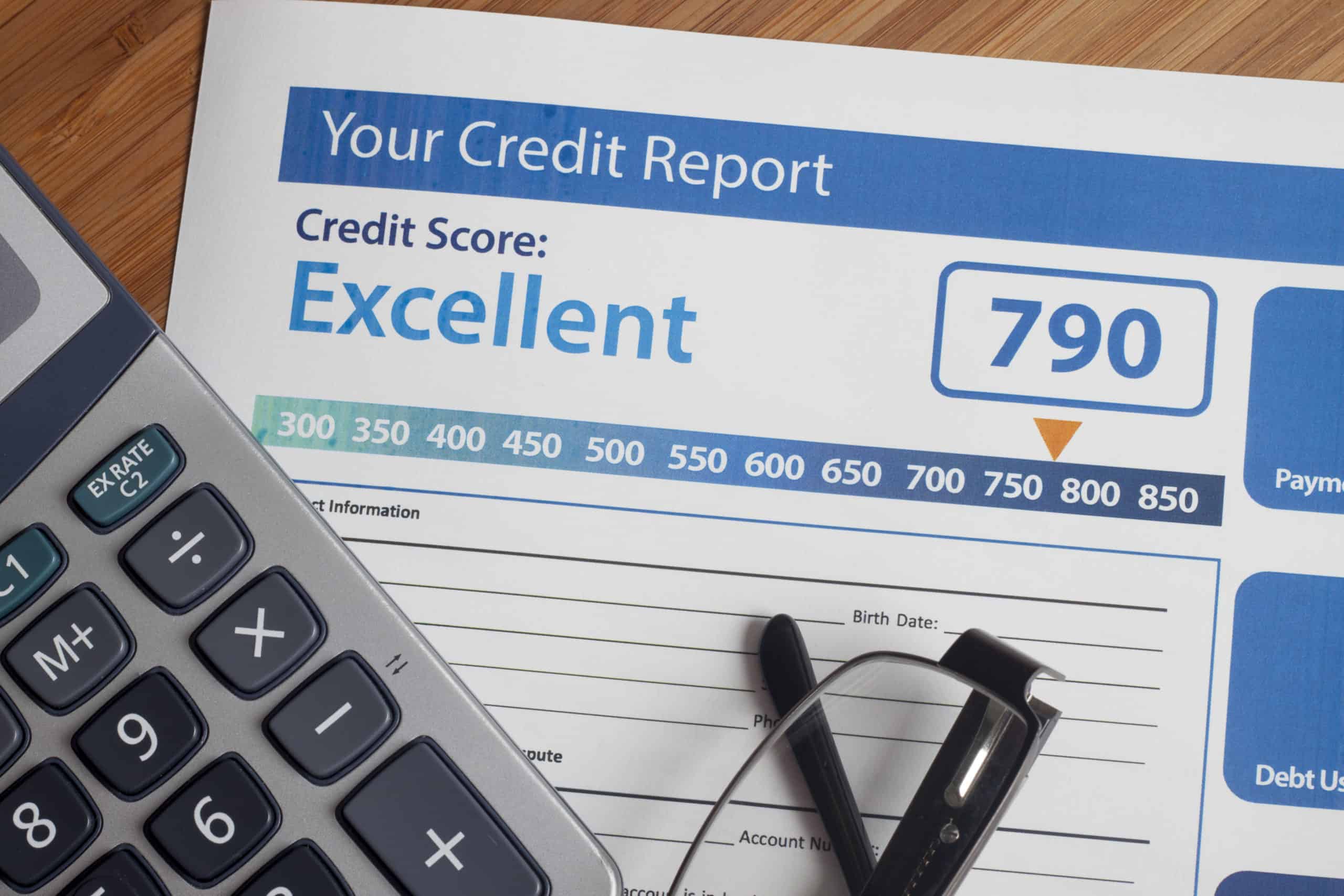Wealthtender is a trusted, independent financial directory and educational resource governed by our strict Editorial Policy, Integrity Standards, and Terms of Use. While we receive compensation from featured professionals (a natural conflict of interest), we always operate with integrity and transparency to earn your trust. Wealthtender is not a client of these providers. ➡️ Find a Local Advisor | 🎯 Find a Specialist Advisor

There are various widely known ways to boost your credit score, from making loan repayments on time to not exceeding your limit on any credit cards you may have. Most people also know that having a little debt can be good for your score as it allows you to show that you can handle it (though I’ve written before about how some people need to stop using their credit score as an excuse to take on more debt). Here are a few other things you can do to increase your credit score, that you may not have considered.
Ask for an Increase on Your Credit Limit
This may seem counter-intuitive and probably isn’t advisable if you can’t manage your credit and always max out your cards. However, part of how your credit score is calculated involves looking at your credit utilization rate. That basically means how much of your available credit you’re actually using. Therefore, having cards with a high credit limit, but always staying well within it, can boost your score. One way to do this is to just spend less on credit cards. But another, perfectly legitimate, way is to get your limit increased, but continue to spend the same amount. If you’ve had a particular credit card for a while and always made your payments, asking for your limit to be increased can often pay off.
Don’t Cancel Cards You’re Not Using
It can actually be helpful to have unused credit and store cards as long as they’re not costing you anything. This is also about credit utilization. If you have cards with available credit on them that you don’t use, your utilization rate will be better. Maybe you’re trying to be super disciplined and only use one card so you can track your spending or maybe you just paid off all your cards and don’t want to run them up again. If that’s the case, you may be tempted to cancel all your cards, but you might be better off locking them away somewhere and simply never using them.
Remember, this is only worth doing if your cards are costing you nothing or next to nothing. Read through terms and conditions to check if the card has annual fees. If it does and they’re moderate to high, it might be a good idea to cancel it. If there is no annual fee or it’s a very low one, you might consider it worth paying as the cost of having a better credit utilization rate and slightly better credit score. While you’re checking those terms and conditions, check that you won’t find your account is closed (or charged) for inactivity. You might want to consider calling your card provider and letting them know that this is not your primary card and won’t be used regularly, but you’d like to keep the account open. Ask them if they can waive or reduce any annual fees you do have on the card. It never hurts to ask.
Be Proactive
If you know you’re going to miss a payment, pay late, or not make a full payment, admit it ahead of time. Contact your credit card company or loan provider and explain the situation. Some lenders will waive any penalties if you talk to them ahead of time, including reporting you to credit agencies. You’ll only be able to do this occasionally, so if you’re constantly having problems making payments, try to re-negotiate your monthly payment amount. Remember that credit agencies aren’t really interested in the fine print of your loan arrangements. They just want to see that you’re paying whatever you’ve agreed to.
The same goes for going overdrawn at the bank. An unauthorized overdraft could harm your credit score, but a quick call to the bank could result in an authorized overdraft. That’s just credit, like any other kind of credit, which means, as long as you pay it off according to whatever arrangements you make with your bank, you won’t damage your credit score, and may even improve it.
Diversify Your Credit
This doesn’t simply mean ‘get more credit’. It means to get more variety in your credit profile. Having a credit card, a phone contract, and an auto loan, for example, can be better for your credit score than having three credit cards if all other things are equal. Do remember to do this in a way that makes sense for you though. There is no advantage to taking out an interest-bearing loan you don’t need. It might, however, make sense to have a credit card you don’t need, especially if it has no annual fee and you never pay interest on it. Remember the only way to never pay interest is to pay off your card each month and not carry any debt over at the end of the payment due period.
Check Your Credit Report
Most people never do this unless they think there’s a problem, but mistakes on credit reports are surprisingly common. You can check your score once a year for free by simply requesting your credit report from each of the three main credit companies. Make it part of your annual financial plan, maybe at the end of the year or when you file your taxes, so you don’t forget.

Karen Banes
I’m a freelance writer specializing in online business, personal finance, travel and lifestyle. I also work as a content creator for hire, helping brands and businesses tell their stories, grow their audiences, and reach their ideal customers. I’ve lived, worked and studied in six countries, across three continents. Stop by my blog TheSavvySolopreneur.net to learn how to run your own (very) small business on your own terms. You can also connect with me at my website KarenBanes.com or follow me on Medium.com.
Wealthtender is a trusted, independent financial directory and educational resource governed by our strict Editorial Policy, Integrity Standards, and Terms of Use. While we receive compensation from featured professionals (a natural conflict of interest), we always operate with integrity and transparency to earn your trust. Wealthtender is not a client of these providers. ➡️ Find a Local Advisor | 🎯 Find a Specialist Advisor

